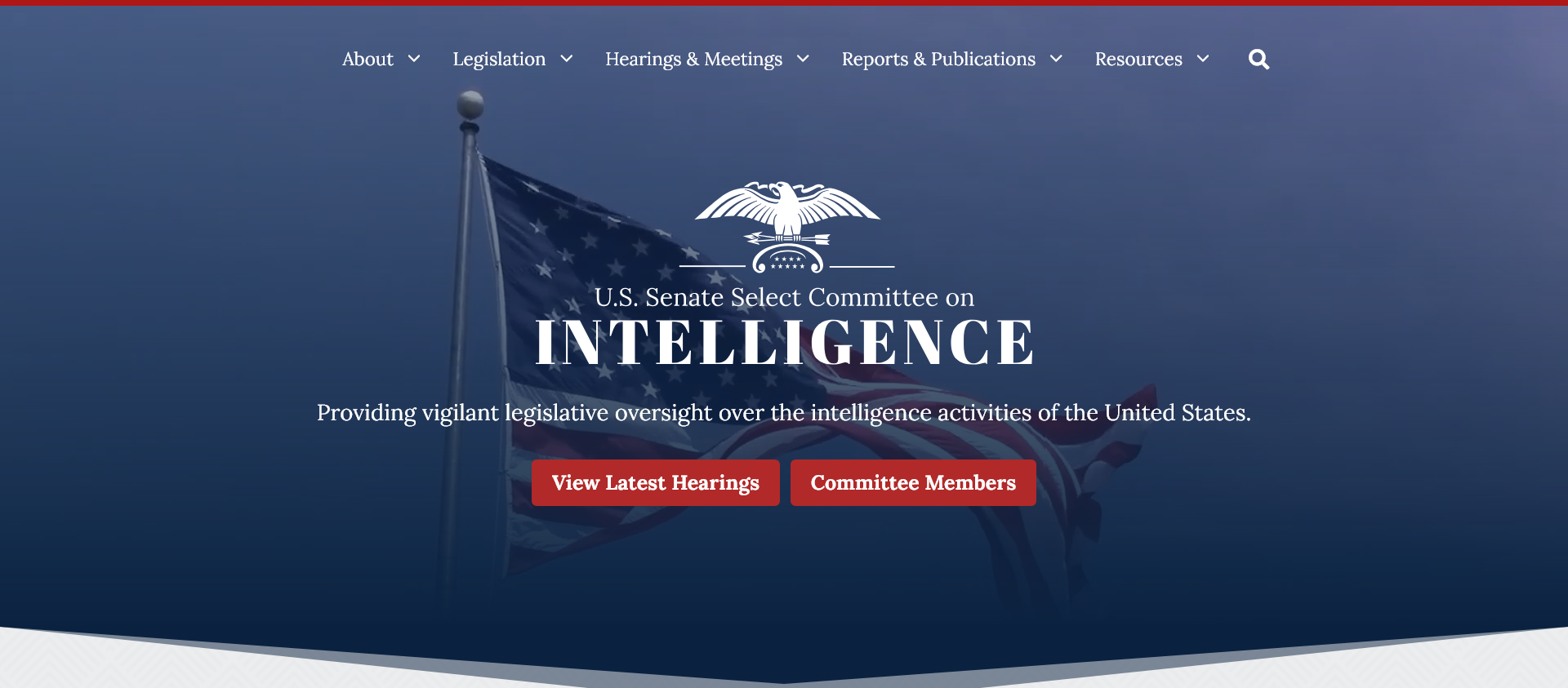Mauritz Kop Consults Senator Mark Warner on AI & Quantum Technology Policy
Washington D.C., January 4, 2022—As the United States Congress grapples with the complex challenges of regulating artificial intelligence and quantum technology, leading policymakers are seeking expert guidance to inform a robust and forward-thinking national strategy. On January 4, 2022, Mauritz Kop, a distinguished scholar in the field of technology law and governance, was consulted by the legal team of U.S. Senator Mark Warner (D-VA) to provide strategic insights on both AI and quantum technology policy.
This consultation highlights the growing recognition in Washington of the need for deep, interdisciplinary expertise to navigate the geopolitical, economic, and security dimensions of these transformative technologies. Senator Warner's team reached out to Kop based on his influential scholarship, including his extensive work at Stanford on the EU AI Act and the need for a strategic democratic tech alliance, his advisory role for the European Commission led by Ursula von der Leyen on the AI Act and Data Act, and his foundational article in the Yale Journal of Law & Technology proposing a comprehensive legal-ethical framework for quantum technology.
Mauritz Kop Consults Senator Mark Warner on AI & Quantum Technology Policy.
Senator Mark Warner: A Leader on Technology and National Security
Senator Mark Warner's engagement on these issues is both significant and timely. As the Chairman of the Senate Select Committee on Intelligence, he is at the forefront of addressing the national security implications of emerging technologies. His work involves overseeing the U.S. Intelligence Community and ensuring it is equipped to handle the threats and opportunities of the 21st century, where technological competition with nations like China is a central concern.
The Senate Select Committee on Intelligence has a broad mandate that includes analyzing intelligence on the technological capabilities of foreign powers and assessing the vulnerabilities of U.S. critical infrastructure. Senator Warner has been a vocal proponent of developing a national strategy for AI and quantum to maintain the United States' competitive edge and to ensure that these technologies are developed and deployed in a manner consistent with democratic values. This consultation with Mauritz Kop reflects the Senator's commitment to drawing on leading academic research to shape sound, bipartisan policy.
AI Policy: A Transatlantic, Risk-Based Approach that Lets Innovation Breathe
A key focus of the consultation was Kop's analysis of the European Union's AI Act. His Stanford publications argue for a balanced, pro-innovation regulatory model that can serve as a blueprint for international cooperation. Good governance and sensible legislation should incentivize desired behavior and simultaneously create breathing room for sustainable, beneficial innovation to flourish. Kop's advice centered on several core pillars:
A Differentiated, Risk-Based Framework: Rather than a one-size-fits-all approach, regulation should be tailored to the level of risk posed by a specific AI application. This "pyramid of criticality" ensures that high-risk systems (e.g., in healthcare or critical infrastructure) are subject to stringent requirements, while low-risk applications are not stifled by unnecessary regulatory burdens.
Pro-Innovation Instruments: The framework should include mechanisms like regulatory sandboxes to provide innovators with the flexibility to test new technologies in a controlled environment.
Standardization, Certification, and Auditing: To build trust and ensure safety, Kop advocated for robust systems of standardization, mandatory third-party certification for high-risk AI, impact assessment, and lifecycle auditing to monitor systems after deployment.
A Democratic Tech Alliance: Central to his Stanford-Vienna published geopolitical analysis is the call for democratic nations to form a strategic tech alliance. By harmonizing their regulatory approaches and setting global standards based on shared values like human rights, democracy, and the rule of law, the U.S. and EU can create a powerful counterbalance to authoritarian models of tech governance.
Access to High-Quality Training Data: Referencing his work in the Harvard Journal of Law & Technology, Kop highlighted the necessity of a clear legal framework for accessing and using machine learning training data, which is the lifeblood of most modern AI systems. Establishing a 'right to process data' for machine learning is crucial for a vibrant and competitive AI ecosystem.
Quantum Governance: Establishing a Legal-Ethical Framework
The discussion also delved into the governance of quantum technology, drawing on Kop's seminal work in the Yale Journal of Law & Technology. Recognizing that quantum is rapidly moving from the theoretical to the practical, he stressed the urgency of establishing a legal-ethical framework before the technology is widely deployed and locked-in.
His recommendations for quantum governance include:
Balancing Benefits and Risks: Acknowledging the profound dual-use nature of quantum—from its potential to revolutionize medicine to its ability to break current encryption—the legal-ethical framework for quantum tech must be designed to maximize societal benefits while proactively mitigating existential risks.
A Modernized Intellectual Property Regime: The framework must address the unique challenges quantum poses to intellectual property. This includes clarifying the roles of patents and trade secrets in incentivizing innovation without creating "patent thickets" that could stifle progress.
Integrating National and Economic Security: Quantum governance cannot be separated from national security concerns. Policies must protect against intellectual property theft by state-sponsored actors, including China, and control the export of dual-use applications, all while fostering a vibrant and competitive domestic innovation ecosystem.
The consultation with Senator Warner's office represents a critical intersection of academic scholarship and high-level policymaking. As the United States charts its course in the era of AI and quantum, the insights provided by experts like Mauritz Kop are invaluable in ensuring that the nation's strategy is not only competitive but also responsible, ethical, and firmly rooted in democratic principles.
Mauritz Kop Consults Senator Mark Warner Team on Pro-Innovation AI & Quantum Technology Legislation.


